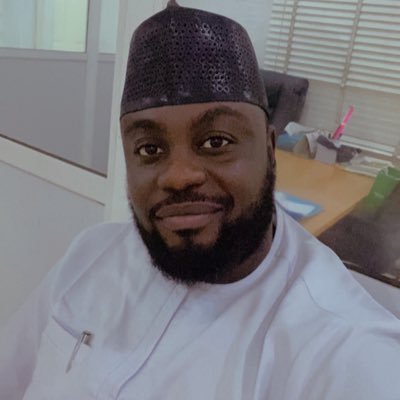As we all know, Nigeria’s battle against corruption has been a long and yet unyielding journey since the very beginning. Different vices and methods has been employed by different government administrations to win the war against corruption and one of these ways includes the creation of the Economic and Financial Crimes Commission (EFCC).
The Economic and Financial Crimes Commission (EFCC)
Established in 2003, the EFCC was created in response to the rampant corruption that plagued Nigeria’s political and economic landscape. The agency is tasked with investigating and prosecuting financial crimes offenders, the agency has gained prominence in the past years.
EFCC operates under the leadership of a chairman appointed by the President of Nigeria, with support from dedicated staff and investigators. Additionally, collaboration with other government agencies, such as the Independent Corrupt Practices Commission (ICPC), is crucial in ensuring effective enforcement of anti-corruption laws.

Challenges Faced by the EFCC
Despite its mandate, the EFCC faces numerous challenges in its fight against corruption.
CORRUPTION
Corruption in Nigeria is a big factor that has eaten into majority of the population. From the upper chamber of the country to the grassroots is rooted in corrupt practices. Even among the EFCC agency its self corruption exist.
On July 6, 2020, Magu, the acting chairman of the agency appointed by President Muhammadu Buhari was arrested by officers of the Department of State Services (DSS) and the Nigeria Police Force (NPF) and taken to the Presidential Villa where he was questioned on alleged corruption against him. He was detained and on July 7th was suspended from his position as chairman of the agency.
APPOINTMENT OF THE CHAIRMAN OF THE AGENCY
Another major reason I believe serve as a hindrance to the EFCC is the fact that the Chairman of the agency has to be appointed by the President of the Nation. Take for example, a corrupt President gains power into office, such a person when appointing the chairman for the agency will look for someone who will follow in his footsteps.
EFCC chairman Waziri was dismissed by former President Goodluck Jonathan on 23rd November 2011 and replaced him with Ibrahim Lamorde as Acting Chairman, who was confirmed on the 15th February 2012 by the Nigerian Senate.
When Goodluck Jonathan left office, Lamorde was sacked by President Muhammadu Buhari on November 9th, 2015, and replaced with Ibrahim Magu. But then, the Nigerian Senate refused to confirm Magu as chairman of the agency due to security reports by law enforcement agencies against him. It is a good thing that the Nigeria Senate is vetoed with the power to clear individuals appointed by the President, thereby reducing the chances of corrupt Presidents appointing corrupt chairman.
Other challenges includes; lengthy court proceedings and inadequate legislation, often hamper the agency’s ability to secure convictions. Furthermore, political interference and lack of sufficient resources pose significant obstacles to the EFCC’s operations.
Success and Profile Cases by the EFCC
Over the years, the EFCC has investigated and prosecuted a multitude of high-profile corruption cases involving politicians, public officials, and business leaders.
The most recent of these cases is the arrest of Social Media personality Idris aka Bobrisky over Naira mutilation and abuse and was sentenced to 6 months in prison by the law court, Cubana Chief Priest over mutilation also and was later bailed on a 10 million naira charges. The agency has recently declared the Former Governor of Kogi State, Yahaya Bello as wanted for money laundering of over 80.2 Billion Naira.
All these shows the extent to which the agency in fighting corruption and other financial related crimes under the New President Bola Ahmed Tinubu.
While the EFCC has achieved notable successes in recovering stolen assets and securing convictions, it has also faced criticism for its perceived inefficiencies and selective prosecution.





